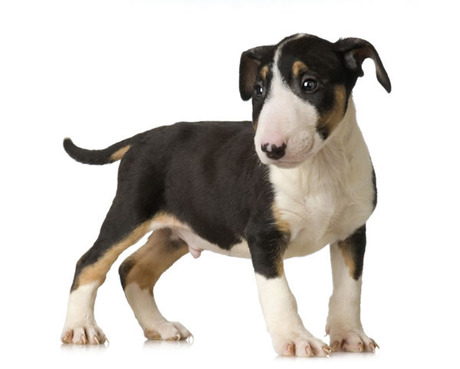Support
|
|
|
|||
University of Cambridge |
University of Edinburgh |
Nottingham Trent University |
||
|
|
|
|
||
|
|
|
.png) |
|
|
University of Bristol |
Cardiff University |
University of Liverpool |
||
|
|
Equine Practices
|
|
Farm Animal Practices
|
|
|
|
|
|
Small Animal Practices
|
|
||
|
|
|
|
|
|
|
|
|
|
|
|
Map of VetCompass Collaborating Practices
The map below shows the location of the veterinary practices collaborating with VetCompass (blue circles) overlaying the locations of all RCVS registered veterinary clinics (black dots) across the UK, as of November 2019.

|
|
|
|
|
|||
RxWorks |
Teleos Systems |
Vet-One |
ezvetpro from ezofficesystems Ltd |
|||
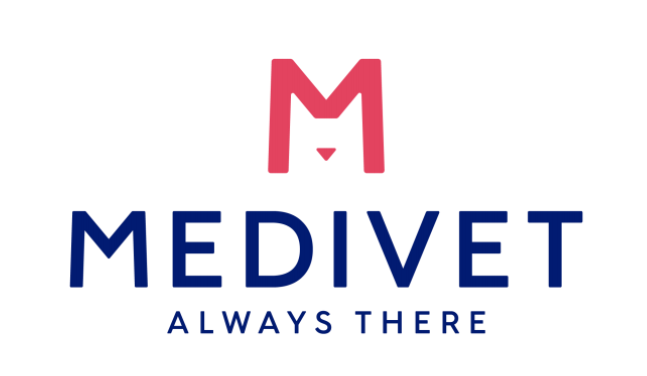 |
|
|
|
|||
Medivet |
Vets Now |
Eclipse Veterinary Software |
|
|

The VeNom codes are a standardised set of veterinary terms that have been developed and are maintained by the VeNom coding group, a multi-institution group of veterinary and IT colleagues based at the majority of the UK Veterinary Schools. The list consists of diagnoses, presenting complaints and procedures associated with companion animal veterinary work.
Practices participating in the VetCompass project are encouraged to use the VeNom codes, although clinical coding is entirely optional.
The clinical coding process has been designed with the busy consulting vet in mind for maximum simplicity and time efficacy. At the end of the routine visit, having written up the clinical notes as usual, the consulting vet assigns a summary term (standardised clinical code) to best describe the diagnosis for that animal. If the diagnosis is uncertain a term can be selected from a list of ‘presenting complaints’.
To select from the built-in list of summary terms a multi-letter search engine is used. Typing in EITHER: the first letters of the diagnosis/presenting complaint/reason for record addition (e.g. ‘abs’ for terms related to ‘abscess’) OR the first letters of more than one of the words in a diagnosis, each separated by a space (e.g. ‘c b a’ for ‘‘cat bite abscess’) brings up a list of matching or related terms. 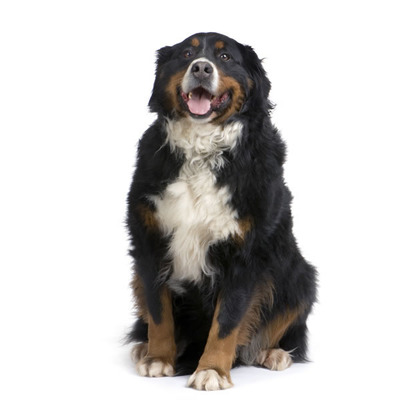 The search engine has been designed to recognise synonyms and will re-direct to the official nomenclature.
The search engine has been designed to recognise synonyms and will re-direct to the official nomenclature.
For further information, please see the VeNom coding group's website.
Current funding bodies
VetCompass supporters
Official Supporting Statements
We are delighted the following organisations have offered their support for the VetCompass project.
The Royal College of Veterinary Surgeons (RCVS)
The RCVS “supports the aims of VetCompass Animal Surveillance” and “has approved the data collection process of VetCompass”. They “acknowledge the important role of primary practice databases in establishing information on the conditions affecting the UK vet-visiting animal population” and “support the conclusions of the Bateson Report recommending that ‘high priority should be given to the creation of a computer-based system for the collection of anonymised diagnoses from veterinary surgeries in order to provide statistically significant prevalence data for each breed’”. www.rcvs.org.uk
The Society of Practising Veterinary Surgeons (SPVS)
SPVS fully supports Vet Compass and acknowledges the important role of primary practice databases in establishing information on the conditions affecting the UK vet-visiting animal population. We hope that the project will provide an objective source of information to be used by current and future practicing veterinary surgeons in assessing clinical and managerial outcomes. www.spvs.org.uk/content/vetcompass
British Veterinary Association (BVA)
Peter Jones (BVA President): “The BVA supports all efforts to increase our knowledge of disease prevalence in companion animals in the UK. We welcome the work being carried out by VetCompass which will give us a better understanding of the conditions affecting the UK practice-attending population". www.bva.co.uk
British Small Animal Veterinary Association (BSAVA)
'For the sake of animal welfare and to advance scientific understanding, the veterinary profession needs high quality, large scale disease surveillance and collection of epidemiological data to support research. The British Small Animal Veterinary Association recognises the importance of the work of VetCompass. Information collected by veterinary surveillance projects such as VetCompass will help clinicians working in practice and academia to treat companion animals, and will inform development of policy and educational resources. Veterinary surveillances is important for both animal and human health.’ www.bsava.com

The Royal Society for the Protection of Animals (RSPCA)
The RSPCA supports the VEctAR Animal Surveillance project (now known as VetCompass) because we believe there is an urgent need for the systematic collection of data on inherited and acquired diseases in dogs and cats. This need has been recognised by several expert reports that have recently been published.
We are very concerned that many dogs and cats remain vulnerable to unnecessary disease because of the way they have been bred, and this project will enable breeds at greatest risk of specific conditions to be identified so that everyone involved can make the much needed efforts to improve the welfare of future generations.
The data gathered will be independent and scientifically validated, so we hope that the project will provide an objective source of information to be used by all.
We are pleased so many veterinary practices have shown such concern about this topic and enthusiasm for this project. www.rspca.org.uk
Universities Federation for Animal Welfare (UFAW)
James Kirkwood, UFAW: “Comparing conditions that affect welfare, in order to help prioritise efforts to tackle problems, depends on taking account of intensity (e.g. how much it hurts), duration (how long it hurts for) and the numbers of animals affected. To estimate the latter we need to know the proportion of animals affected. Here at UFAW we are seeking that important information, about the prevalences of genetic welfare conditions, for inclusion at the UFAW genetic welfare problems website. I welcome your project”. www.ufaw.org.uk
The Associate Parliamentary Group for Animal Welfare (APGAW)
Marisa Heath, Secretariat, APGAW: "In its report 'A Healthier Future for Pedigree Dogs', the Associate Parliamentary Group for Animal Welfare recognised that there was too little information available about the scale of the problems of hereditary disease and poor health in dogs and recommended that work be done to collate cases and set out the exact problems allowing the formation of strategies to improve the situation. Therefore, VEctAR's (now known as VetCompass) work on data collection is welcomed by APGAW as a way of achieving this and we are keen to lend our support. The collection of data will help immensely with identifying prevalence of health problems, priorities on what to tackle and the best treatments and using this we can work alongside stakeholders to improve the welfare of dogs across Britain." www.apgaw.org
Dog Advisory Council (DAC)
Sheila Crispin, DAC (28/03/2012):The Advisory Council on the Welfare Issues of Dog Breeding recognised from its inception, as indeed did others before it, that the collection of data was an urgent necessity, in order to produce reliable information about the health and welfare of dogs and provide a scientific basis for any recommendations Council might make. Professor Sir Patrick Bateson (Independent Inquiry into Dog Breeding, 2010) stated: “High priority should be given to the creation of a computer-based system for the collection of anonymised diagnoses from veterinary surgeries in order to provide statistically significant prevalence data for each breed.” An initiative called VetCompass, involving the Royal Veterinary College and University of Sydney, has been doing exactly this by means of the routine capture of first opinion clinical data using electronic patient records from veterinary practice. This is a commendable and important enterprise and will be of considerable value, especially so if the information collected can be reconciled with data collected by others to enable analysis of a wide range of data sets. www.dogadvisorycouncil.com
The Kennel Club
The KC is fully supportive of the principle of data collection from veterinary practices which will give us much greater information about the conditions which affect dogs and dog breeds.
Research projects such as VEctAR (now known as VetCompass) are crucial to enabling dog breeders to breed even healthier dogs while retaining the characteristics essential to their particular breed. www.thekennelclub.org.uk
Dogs Trust
Without proper scientifically validated data on prevalence, it will be very difficult to come up with solutions to genetic disease and therefore we commend the work being carried out by VetCompass. The lives of many dogs could be greatly enhanced through the knowledge gained by the collection of this data and we look forward to the conclusion of this project. www.dogstrust.org.uk
The International Partnership for Dogs (IPFD)
The International Partnership for Dogs (IPFD) welcomes VetCompass as a Collaborator in our organization and as an active contributor to DogWellNet.com. Accurate information on populations and on the occurrence of disease problems is critical for effective strategies to maintain and improve the health and well-being of companion animals. The approach and processes of VetCompass are adding valuable resources to expand our understanding of companion animal health. The commitment of the VetCompass team to international cooperation and collaboration will support global efforts to enhance the health, well-being and welfare of all dogs. http://www.vdh.de/dog-health-workshop/international-partnership-for-dogs/
Eurogroup for Animals
Eurogroup for Animals recognises that the collection of scientifically validated data on disease prevalence and impact in dogs and cats is urgently needed. Reliable data collection and analysis is necessary to enable the most important disorders (both infectious and inherited) to be identified for concentrated control efforts and effective monitoring of interventions.
Eurogroup believes that the systematic collection of electronic clinical data directly from veterinary practices is the most reliable way to collect disease data, and so we are fully supportive of the VetCompass project. We support and encourage the establishment of the VetCompass project across European countries, to encourage companion animal disease surveillance at an international level. www.eurogroupforanimals.org
International Cat Care
International Cat Care (and its veterinary division the International Society of Feline Medicine) are delighted to support the VetCompass initiative. Collection of good quality epidemiological and prevalence data on different diseases is a vital step in better understanding diseases, in determining risk factors for development of disease and in evaluating response to therapies. This initiative is an important development in veterinary medicine and we encourage clinics to actively engage with the project wherever possible. www.icatcare.org 
The Governing Council of the Cat Fancy (GCCF)
The Governing Council of the Cat Fancy (GCCF) was pleased to learn of the work of the VetCompass Project and is an enthusiastic supporter of its aims. Collection of data on cats means that at last decisions for their health and welfare can be made based on evidence rather than opinion or best guess. Independent evaluation will provide knowledge that can be widely shared amongst cat breeders and owners to the benefit of their pets. There will most definitely be keen interest in all new information provided, and considerable value in breed studies, as there has been so little feline fact gathering previously. GCCF intends to support and publicise the project. www.gccfcats.org
The People's Dispensary for Sick Animals (PDSA)
As the largest UK veterinary charity, PDSA provides free veterinary services to sick and injured animals & promotes responsible pet care. PDSA cares for more than 400,000 pets and provides 2.7 million treatments each year. Alongside our provision of frontline clinical care, PDSA has recognised the benefits that its large clinical database can bring to important nationwide epidemiological initiatives such as VetCompass. We hope that our involvement in the VetCompass initiative will aid in the further development of evidence based veterinary medicine. www.pdsa.org.uk/
Medivet
Medivet supports VetCompass, a resource which we believe benefits the whole veterinary community and the welfare of our patients. This innovative project brings together current scientific expertise with the day-to-day clinical experience of thousands of primary care vets, and combines unbiased evidence with information and statistics on many veterinary care outcomes. It is revolutionising our understanding of disease prevalence in our pets, and is helping us to build a legacy around diagnosis, treatment and the development of new techniques and practices in veterinary science. /www.medivet.co.uk/services/vetcompass
IVC Evidensia
As a company committed to the highest standards of animal welfare and evidence-based medicine, IVC Evidensia is delighted to be participating in the VetCompass Programme which we see as a way of giving back to the veterinary community and supporting veterinary science. VetCompass improves our understanding of the diagnosis and treatment of our patients and improves the welfare of pets, which is the main reason for our profession's existence. https://ivcevidensia.com/
The Federation of Veterinarians of Europe (FVE)
The Federation of Veterinarians of Europe (FVE) fully supports and commends the work that VetCompass is doing. In order to improve animal health and welfare, all veterinary professionals, whether working as sole practitioners or in a large corporate chain, need reliable data about the prevalence of companion animal diseases and disorders and the effectiveness of treatments. Only this way can practicing veterinarians make appropriate evidence and scientifically based decisions and effectively prevent or combat health and welfare problems in cats and dogs. Unfortunately, there are still many companion animal health issues that could be avoided with high-quality research and verified data. FVE acknowledges these facts and the role VetCompass has in collecting essential and objective information for improving the health and welfare of companion animals. https://www.fve.org/





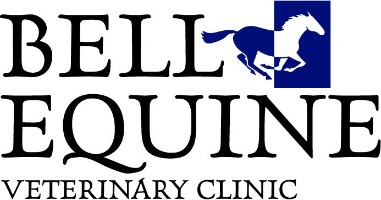

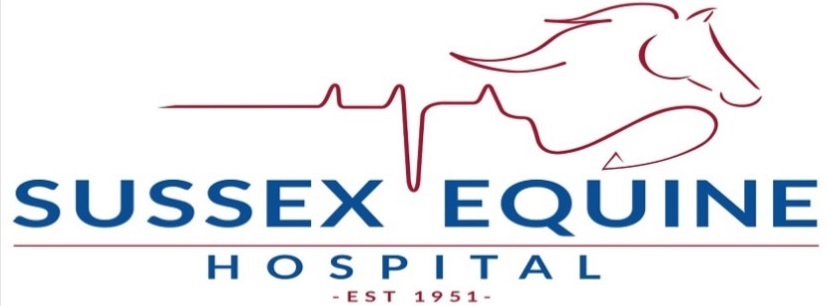
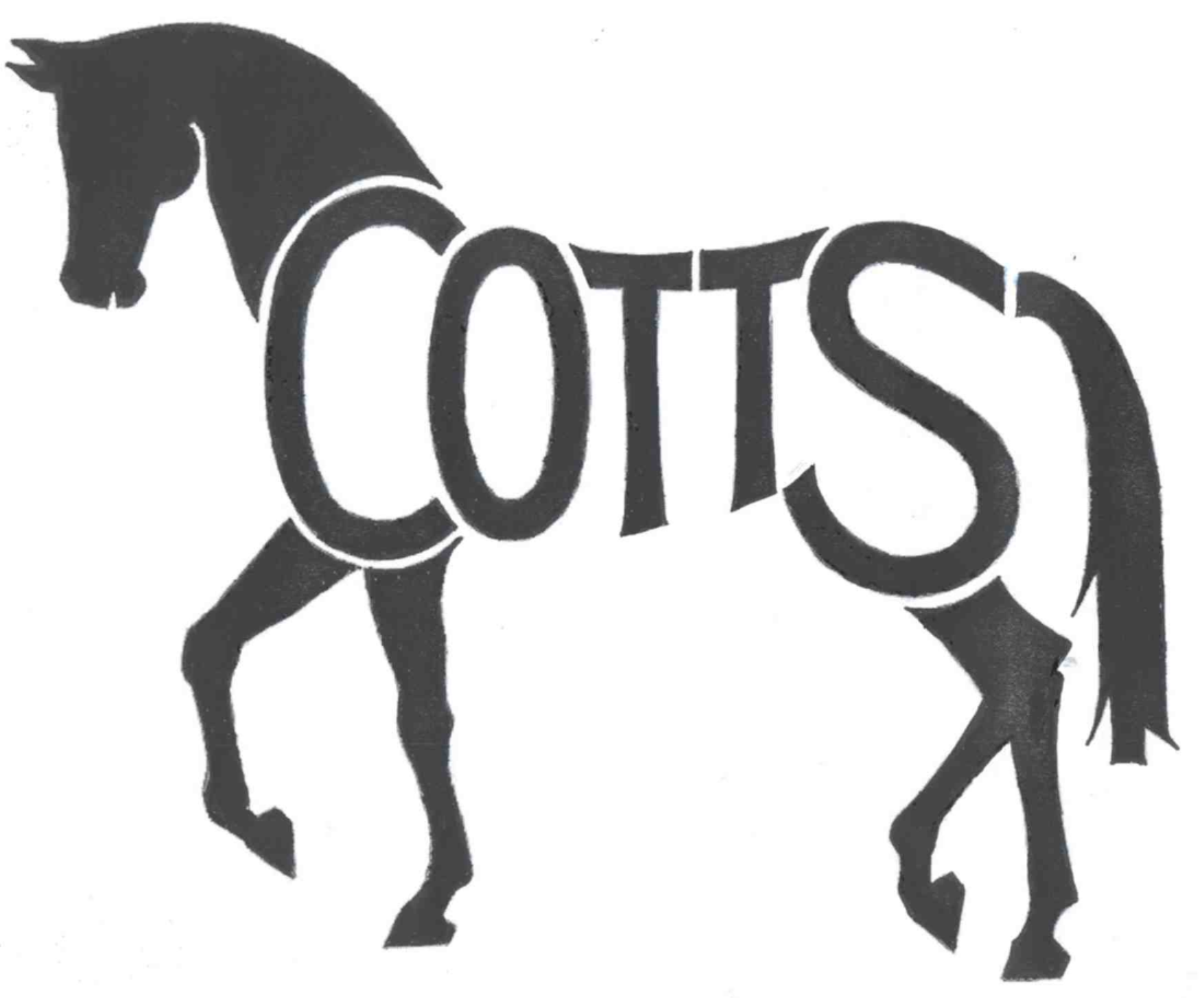
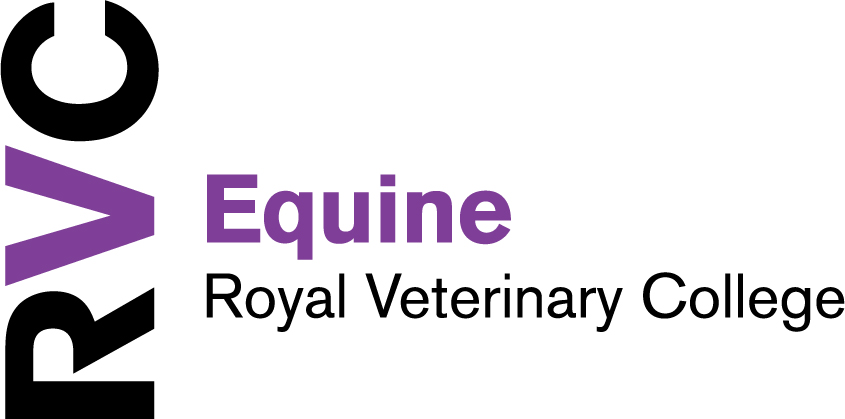
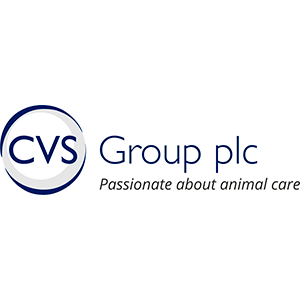
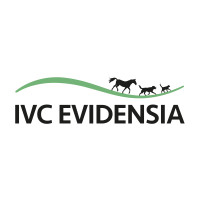

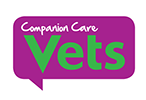
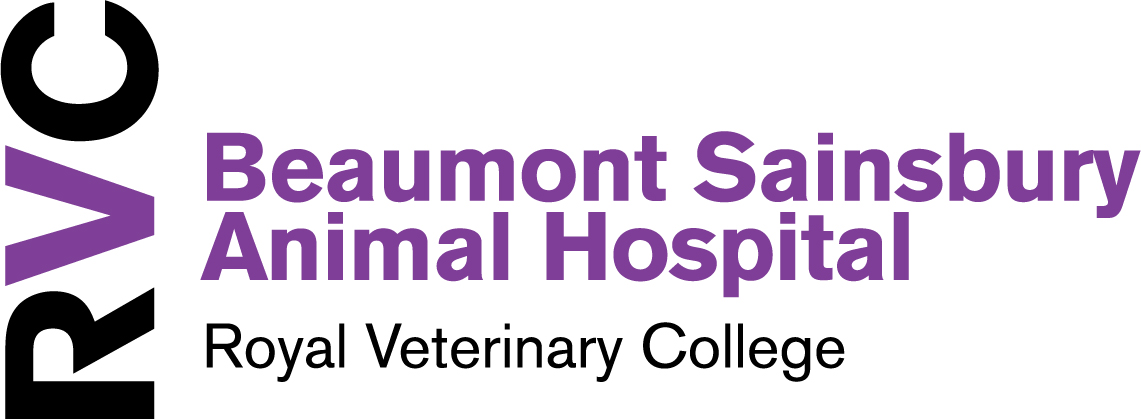

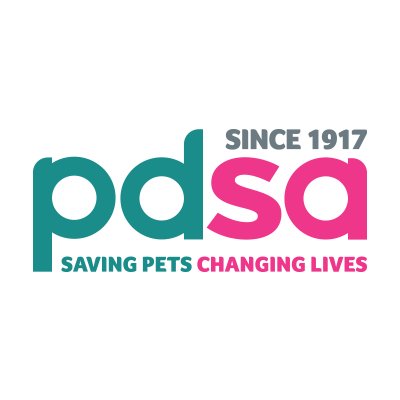


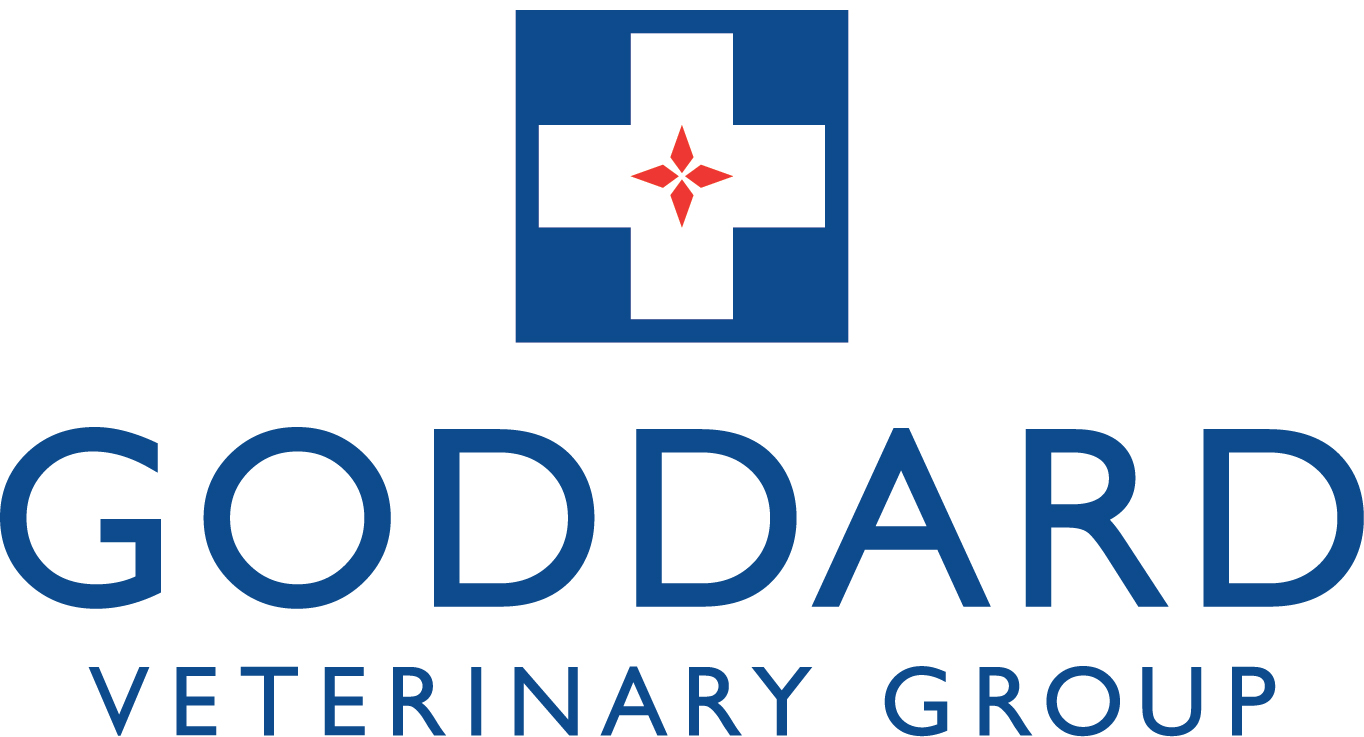
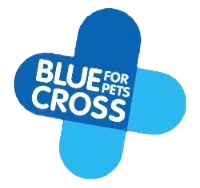
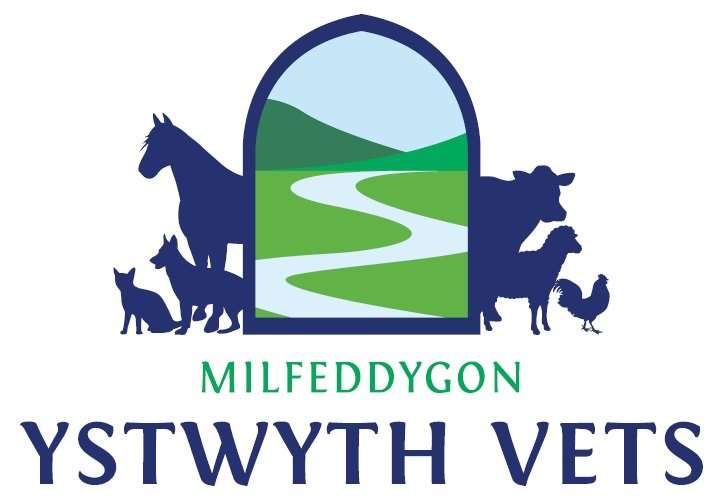
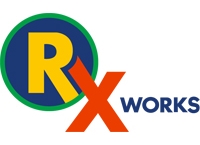
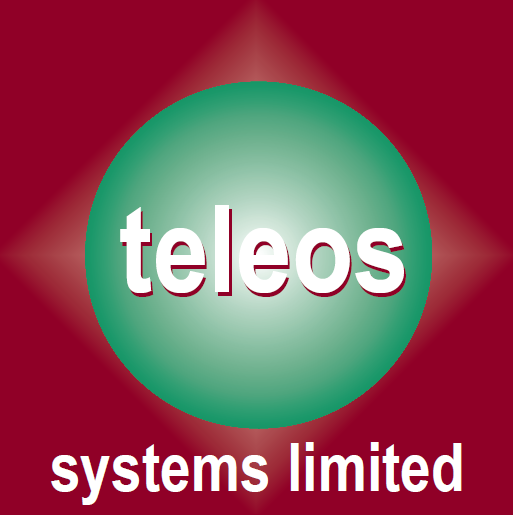
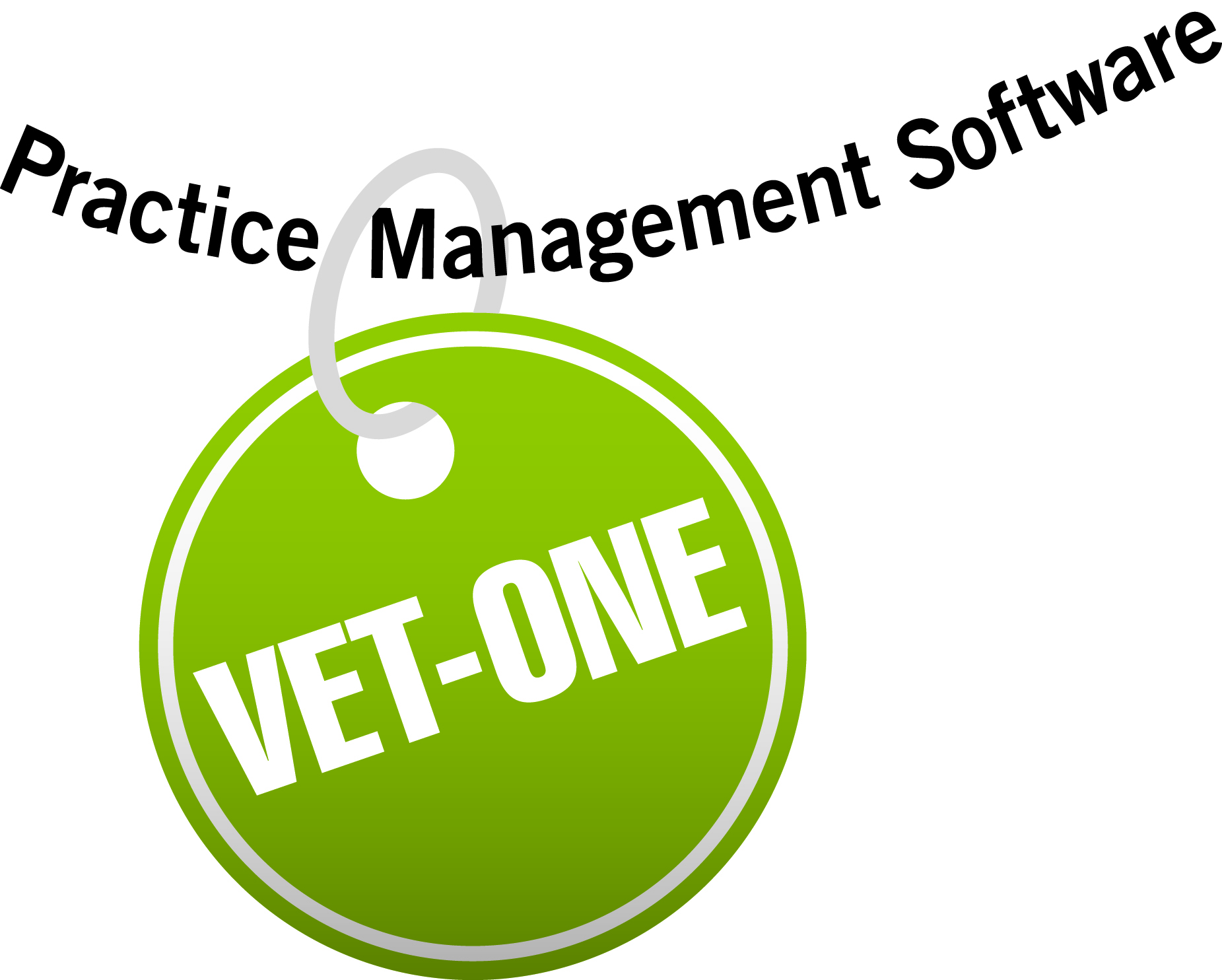
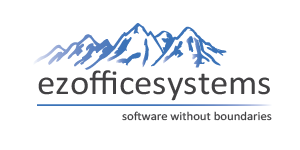
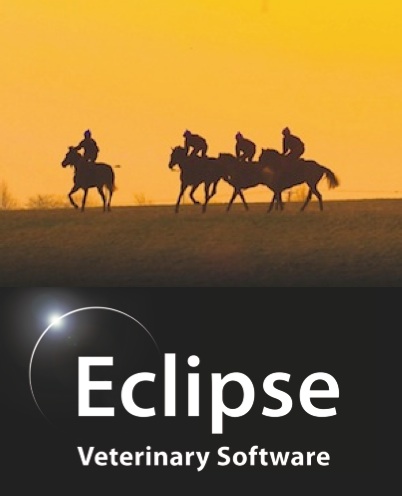


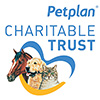
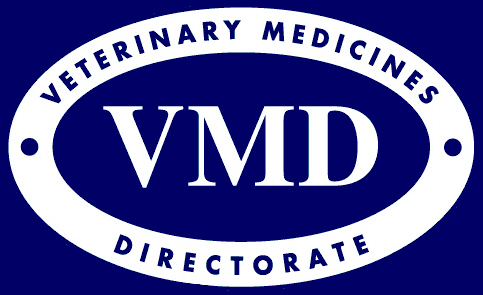
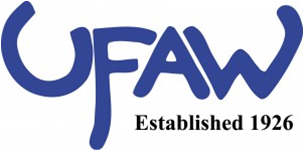
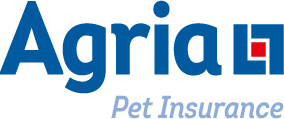

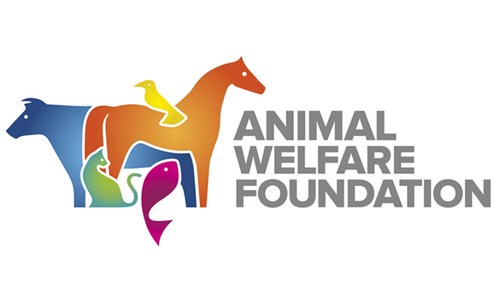





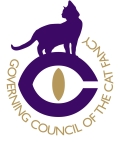

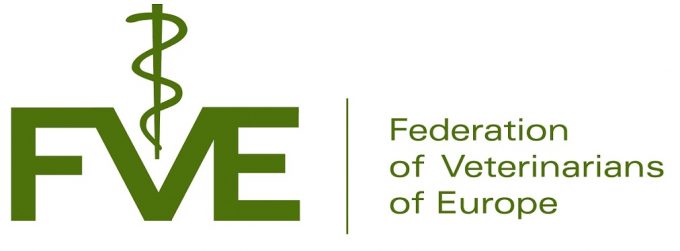
.png)

